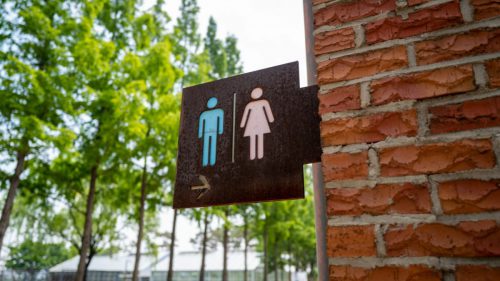

BreakPoint
Granny Dumping
In a hospital in Tampa, Florida, an elderly woman was recently dropped off--and never picked up again. The woman was found at the door of the emergency room, slumped in her wheelchair. A note pinned to her purse read "She's sick. Please take care of her." When hospital staff looked around for the woman's family, all they saw was a pair of taillights disappearing into the distance. It's a new phenomenon that's been dubbed "granny dumping." Staff at Tampa General Hospital say only 2 years ago they almost never saw elderly people abandoned on their doorstep. Now, they say, it happens 2 or 3 times a week. What we're seeing here is a coming together of demographics and general moral breakdown. America's population is aging, as the Baby Boom generation moves up the age curve. Our birth rate has gone down, and our survival rate has gone up. The result is an expanding population of elderly people--with a shrinking base of younger people to care for them. That in itself would have produced a tremendous strain on the younger generation trying to care for aging relatives. But making things worse is a flight from family that has plagued American society since the 1960s. For example, ever since the 60s larger numbers of people are remaining single--or becoming single again, through divorce or separation. These people have a harder time caring for aging parents, just as they have a harder time caring for young children. The fact is, it takes 2 people to care for dependents--one to earn an income, another to give care and nurture. Yet one study found that nearly half the people who care for elderly relatives today are single. The job is even harder for those who are raising children at the same time. One study found that 4 out of 5 families caring for elderly parents still have children under 16 years of age living at home. Demographers call this group the sandwich generation--squeezed between caring for two kinds of dependents at the same time. And this, too, is often a result of the flight from family. For many years the cultural message to young women has been that having a career is more important than having a family. As a result, women began putting off childbearing until they were older. Today the average age of childbearing is in the low-to-mid thirties, much older than a generation ago. No wonder many of these families end up taking care of baby and granny at the same time. Late families can also be the result of divorce and remarriage. It's not unusual today for parents to have a set of teenagers and a set of toddlers--from a second marriage. The second-time-around family is prime for becoming a sandwich family. Americans like to think it's their own business whether they marry, whether they have children, and whether they divorce. But private choices always have public consequences. The family is God's basic unit for Health, Education, and Welfare. When people make choices that weaken the family, it threatens the health, the education, and the welfare of our entire society--leaving some people out in the cold. Or, in the case of granny dumping, out on a hospital driveway.
05/26/92















